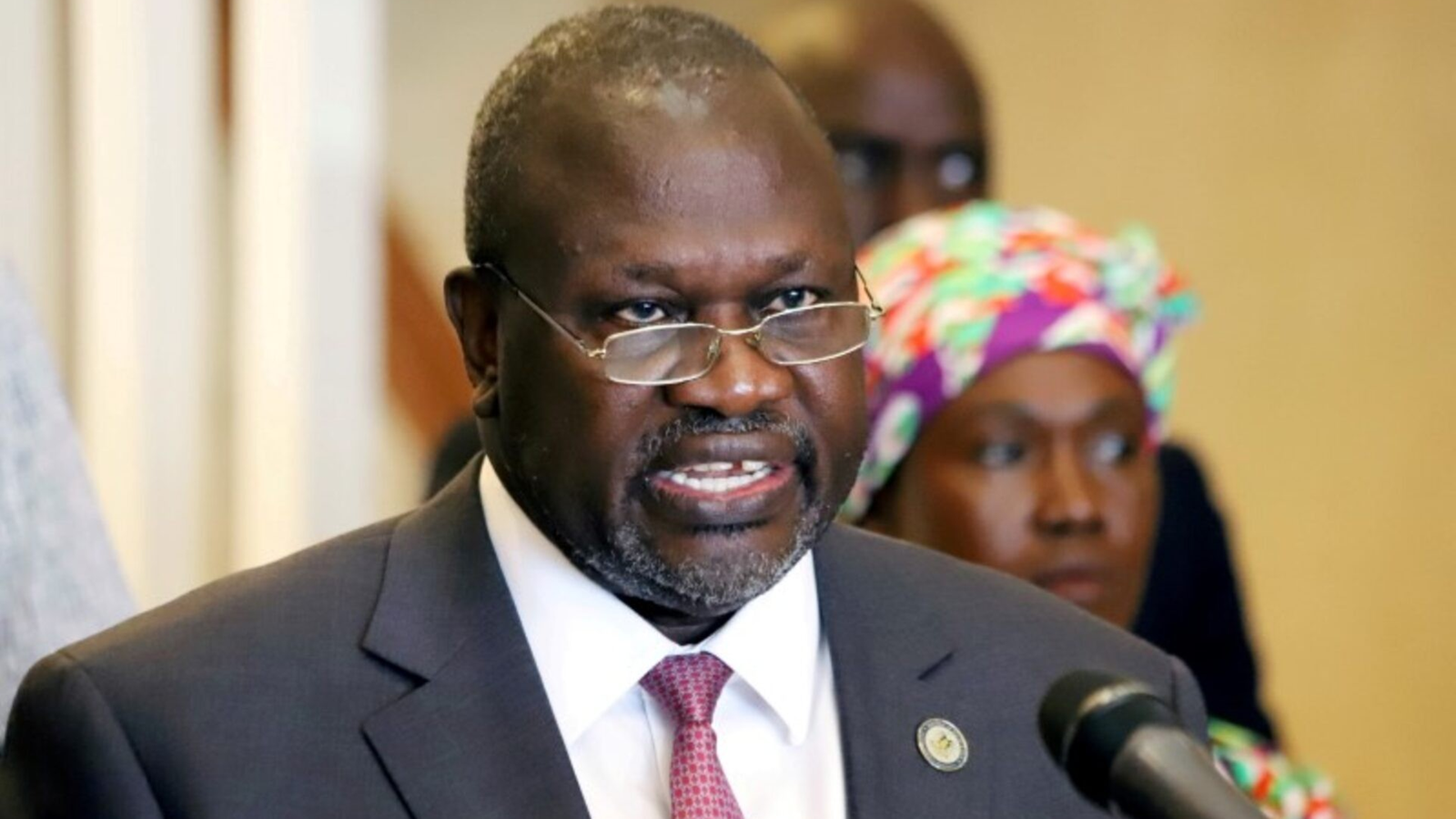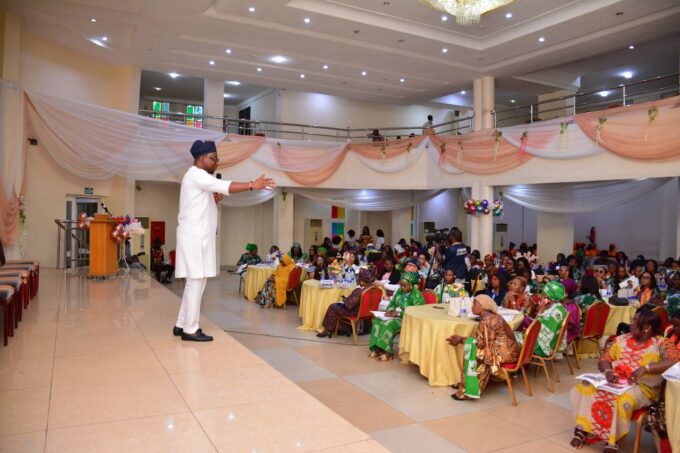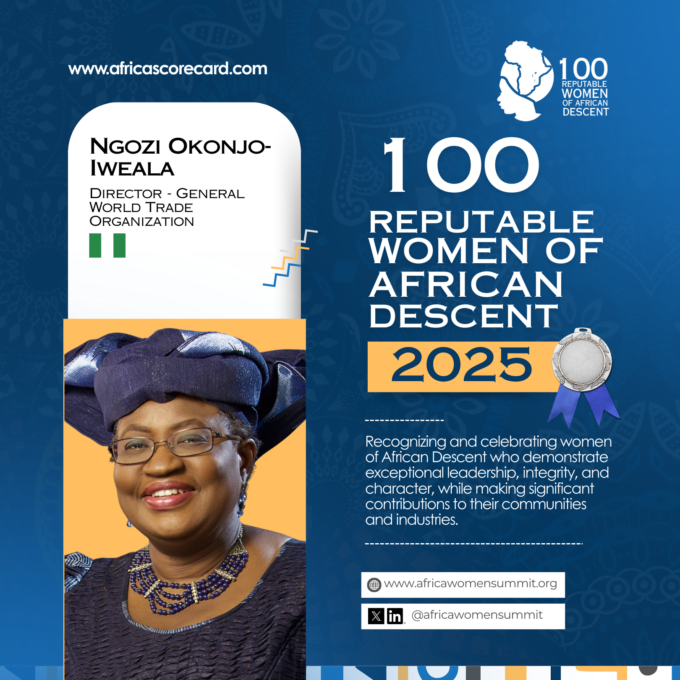Tensions in South Sudan have intensified following the arrest of First Vice President Riek Machar, raising concerns about a potential return to civil war. On March 26, a convoy of heavily armed vehicles reportedly entered Machar’s residence in Juba, where he was detained without clear charges, violating constitutional protocols. The arrest comes after weeks of escalating violence between forces loyal to Machar and President Salva Kiir, threatening to undo the fragile peace established by the 2018 Revitalized Peace Agreement. The United Nations Mission in South Sudan (UNMISS) has warned that this development could spark widespread conflict, devastating the country and destabilizing the region. UNMISS chief Nicholas Haysom has called for restraint, stressing that renewed conflict would reverse the hard-won progress achieved over the past seven years.
The power-sharing arrangement between Kiir and Machar has been under strain in recent months, marked by clashes in Upper Nile State and a series of political arrests, including the detention of over 20 of Machar’s allies. These actions have heightened fears of further unrest and destabilization. The United States, United Kingdom, and other European nations have responded by reducing diplomatic staff in Juba and urging their citizens to evacuate due to mounting safety concerns. Analysts have noted that the tensions are linked to President Kiir’s efforts to sideline Machar politically and secure his own succession, as evidenced by cabinet reshuffles.
South Sudan’s fragile peace is now at a critical crossroads, with growing international calls for dialogue to avert a relapse into large-scale violence. Failure to resolve the tensions could lead to decentralized conflict, complicating efforts to restore stability in the war-torn nation.














Leave a comment